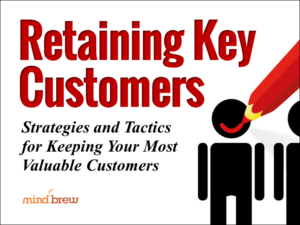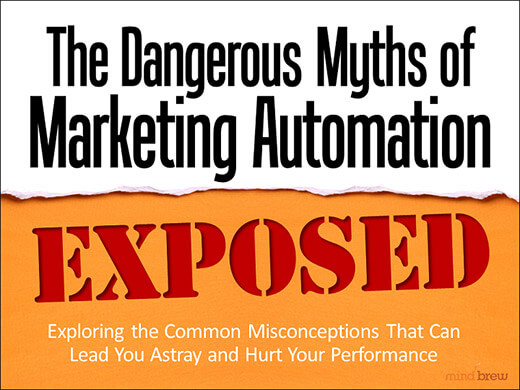When it comes to talking about competitive alternatives in the marketplace, people seem to fall into one of two camps:
- In one camp, there are those who have no problem at all with calling-out specific competitors by name—highlighting where their claims are BS; zeroing-in on where their solutions are weak; and even pointing-out specific implementations that may have gone south at some point.
- In the other camp, are those who want to avoid any and all discussion of the various competitive alternatives for fear that it will be perceived by prospects as being negative and will reflect poorly back on them. These folks often prefer to talk only about themselves and their solutions; seeking to win the day on their own merits.
So, which camp is right? Neither. And both.
There is no question that you should always be speaking to the competitive alternatives. You can’t pretend that they don’t exist. And if you just leave it up to your prospects to identify the critical differences and recognize the ramifications, you’re creating a risky situation for yourself. After all, they’re not likely to be experts in what you do and the odds of them knowing everything they need to know to make an informed decision are very slim.
So, it’s always best to be proactive and take every opportunity to position the alternatives.
However, you do have to be thoughtful in how you go about it. Calling-out specific competitors by name and slinging FUD for the sake of slinging FUD will make you seem somewhat desperate. Interestingly enough, it’s also totally unnecessary.
You see, prospects are probably well-aware of your competitors already. And as a result, you can address those competitive alternatives in general terms—your prospects likely can’t help but hear them in the context of those specific competitor companies.
In other words, when you talk about “other solutions on the market” or “comparable solutions you might be considering”, the prospect hears “Competitor X” or “Competitor Y”. They simply can’t help it.
Should you speak to competitive alternatives? Definitely. Can you do so without appearing negative or desperate? Absolutely.







